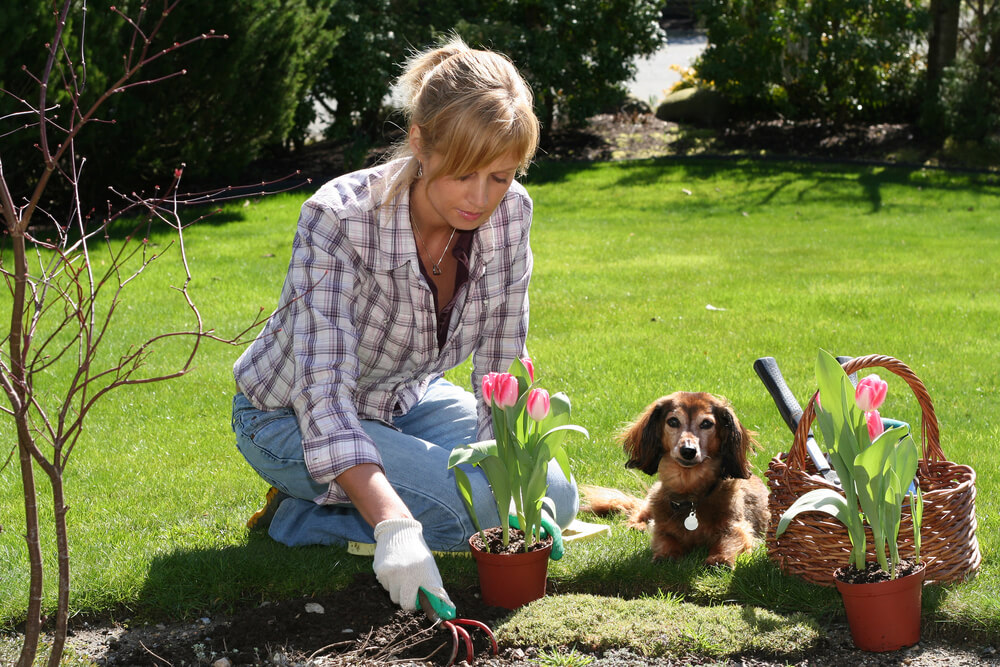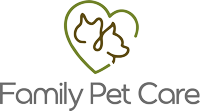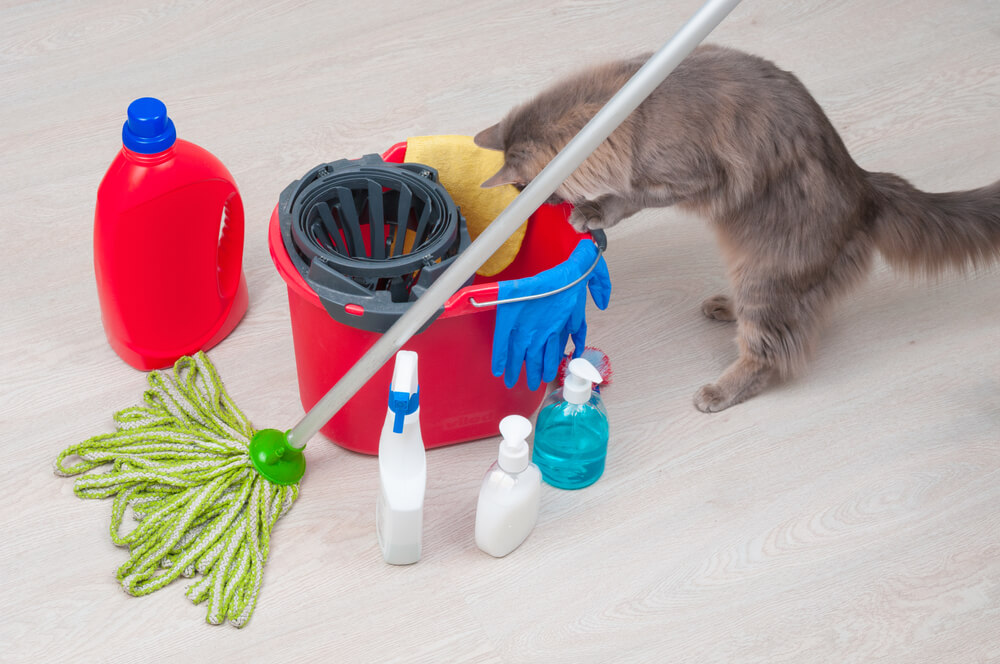As a loving pet owner, you strive to create a safe and comfortable environment for your pet. However, many household items hold hidden dangers that can pose serious risks. From everyday products to common household substances, overlooked items often can be deadly to cats and dogs. So, be aware of household hazards to keep your pet safe and healthy.
Dietz Family Pet Hospital explains household pet dangers and how you can reduce your furry friend’s risk.
Poisonous plants and pet safety
You may love all the plants in your home and garden, but many plants are unsafe when ingested by pets. In fact, in your home or yard, you may already have varieties of toxic plant species. To play it safe, consult the ASPCA’s list of non- and poisonous plants. Common toxic plant culprits include:
- Lilies
- Philodendron
- Aloe vera
- Some ivy varieties
- Oleanders
- Yews
- Autumn crocus
- Sago palms
- Azaleas
Many pets like to chew or nibble on plants, but seemingly harmless plants can cause them digestive issues or more severe side effects. Before adding new greenery to your home, ensure it’s safe for your furry companion.
Pet-toxic cleaning products
Household cleaning products, such as bleach, ammonia, and disinfectants, often contain chemicals that can harm pets if ingested or inhaled. Store all cleaning products out of reach of pets and ensure proper ventilation when they are used. Consider using pet-safe cleaning alternatives, such as basic vinegar, baking soda, and lemon, to minimize risks.
Human medications dangerous to pets
Many people keep multiple over-the-counter and prescription drugs on hand. You can easily drop a capsule or pill that a curious pet will stumble across and scarf up. To minimize this risk, use your medications in an area off-limits to pets.
While human medications may work for you, they are not intended for use in your pet. Keep medications securely stored in pet-inaccessible cabinets, and take expired drugs back to your pharmacy. Always consult your veterinarian before giving your pet any medication.
Foods toxic to pets
Many pet owners erroneously think the foods they eat are also acceptable for their pets. Unfortunately, pet poisonings are often linked to certain foods. Be aware of food toxicity in pets, and never feed your furry pal the following:
- Chocolate
- Grapes and raisins
- Xylitol, a sugar substitute
- Onions and garlic
- Bread dough
- Alcohol
- Macadamia nuts
- Avocados
- Fruit pits
Don’t forget to cover open trash cans that may contain coffee grounds, bones, unsafe foods, and sharp items.
Small and string-like objects
Your pet may delight in finding play things on the floor, but that could set them up for accidental ingestion, choking, and intestinal obstruction. Cats, in particular, love to play with and chew on strings, which can lead to an internal obstruction requiring surgery. Keep these items safely stored away:
- Thread, yarn, dental floss, curling ribbon, and other stringed items
- Coins
- Jewelry
- Buttons
- Small toys and board game pieces
- Keys
- Batteries
- Rubberbands
- Band-aids
- Hair ties
Pet poisons in the garden and yard

Many chemicals are used to promote a healthy lawn and garden. Likewise, we need automotive fluids for the health of our vehicles. While these products are necessary, they put your pet at increased risk for poisoning. Antifreeze, battery fluid, pesticides, herbicides, and rodenticides are highly toxic substances commonly found in homes and garages that can be life-threatening for pets, despite ingesting only a small amount. Store chemicals securely in sealed containers and cabinets, ensuring they are inaccessible to pets.
The list of pet hazards may be long, but you can take easy steps to pet-proof your home and keep your furry pal safe. Supervise your pet outdoors, watching out for toxic plants and chemically treated lawns. Stow household chemicals in the garage or utility cabinet out of your pet’s reach. Save the Pet Poison Helpline number, so you can get quick answers to common pet toxin questions.
Dietz Family Pet Hospital hopes this valuable information will keep your pet safe from household dangers. Call us to schedule an appointment or for additional information on pet toxins.

